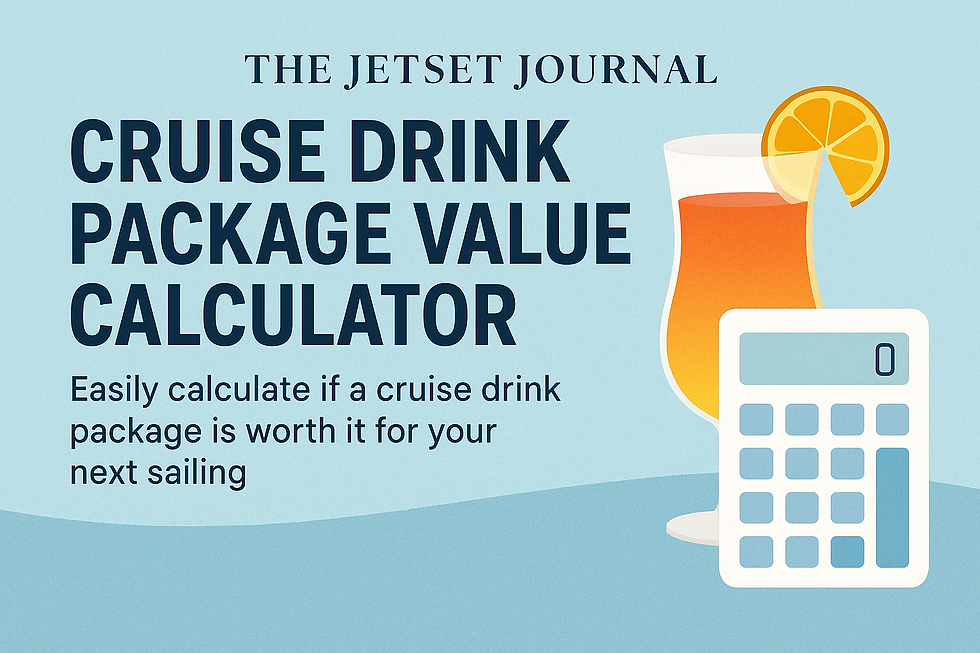Delta's Tariff Takedown: Revolutionizing Air Travel One Flight at a Time
- Jetsetter

- Apr 16
- 3 min read

In the evolving world of aviation, Delta Air Lines is making headlines with a decision that could signal a new era in fleet modernization and cost management. During its Q1 earnings call, CEO Ed Bastian delivered a clear message: Delta will not absorb any additional costs from tariffs on incoming Airbus aircraft. This decisive stance not only protects the airline’s bottom line but also challenges broader industry expectations in an environment marked by economic uncertainty .
Delta’s Uncompromising Stance on Tariffs
At a time when global trade policies remain in flux, Delta is standing firm on a principle that could redefine cost structures for major U.S. carriers. With the airline expecting significant deliveries from Airbus—185 aircraft are due in 2025 alone—Delta has made it clear that even a minimal tariff increase would disrupt its financial planning. By refusing to pay tariffs, Delta is prepared to defer deliveries rather than face an incremental cost that could reach or exceed 10% per aircraft. This bold move underscores Delta’s commitment to prudent fiscal management and its determination to modernize its fleet without compromising on efficiency .
Economic Implications for Delta
Fleet modernization is a cornerstone of Delta’s strategy to enhance operational efficiency and improve the overall travel experience. With a projected total of 285 new aircraft detailed in its recent 10-Q filing, the airline’s investment in upgrading its fleet is substantial. However, these advanced aircraft come with fine margins, and even a modest tariff could complicate the economics. By taking a firm stance against tariffs, Delta is not only protecting its investment but also ensuring that any cost increases do not translate into higher fares or diminished service quality for travelers .
Industry Ripple Effects
Delta’s tariff position is sending ripples across the aviation industry. While competitors like United Airlines have shown a degree of support for tariffs, Delta is challenging the status quo by demanding financial clarity and fairness from its manufacturing partners. This disagreement highlights an emerging trend among legacy airlines: a growing demand for fiscal responsibility amid shifting global trade policies. The decision holds the potential to influence negotiations between airlines and aircraft manufacturers like Airbus—especially in an era where economic pressures urge companies to revisit and renegotiate long-standing agreements .
What This Means for the Modern Traveler
For the frequent flyer and savvy traveler, Delta’s tariff policy is a positive sign. A modern, efficient fleet not only boosts safety and performance standards but also enhances the overall in-flight experience. Passengers can look forward to:
Improved Service Reliability: A state-of-the-art fleet means fewer delays and a smoother travel experience.
Enhanced Comfort and Efficiency: Newer aircraft often come equipped with better amenities and fuel-efficient technologies.
Competitive Pricing: By mitigating the risk of tariff-induced cost hikes, Delta stands a better chance of keeping fares competitive over the long term.
In essence, Delta’s firm refusal to pay tariffs on new aircraft positions the airline to offer both better service quality and more stable pricing, which are crucial benefits for travelers navigating today’s volatile economic landscape.
Looking Ahead: The Future of Air Travel
Delta’s strategy is emblematic of a broader shift in the aviation sector where airlines are increasingly prioritizing long-term financial health over short-term gains. As the debate over tariffs and trade policies continues, stakeholders across the industry—from investors to passengers—are watching closely to see how these dynamics will shape future aircraft deliveries and overall airline operations. For travelers looking to understand the forces that influence ticket pricing, flight safety, and in-flight comfort, developments like these provide valuable insights into the inner workings of the global aviation market .
Delta’s decision is a testament to the airline’s commitment to maintaining operational excellence amid challenging economic conditions. As these industry shifts continue to unfold, we at The Jetset Journal remain dedicated to bringing you the latest travel insights and industry updates—empowering you to navigate the evolving skies with confidence.
Would you like to explore further how tariff policies are affecting other major airlines, or perhaps dive deeper into the economic strategies behind fleet modernization? Let’s continue the conversation about the forces shaping the future of air travel!
:1 Delta Draws a Line: No Tariffs, No Planes, Says CEO Ed Bastian - Business Traveler USA






Comments